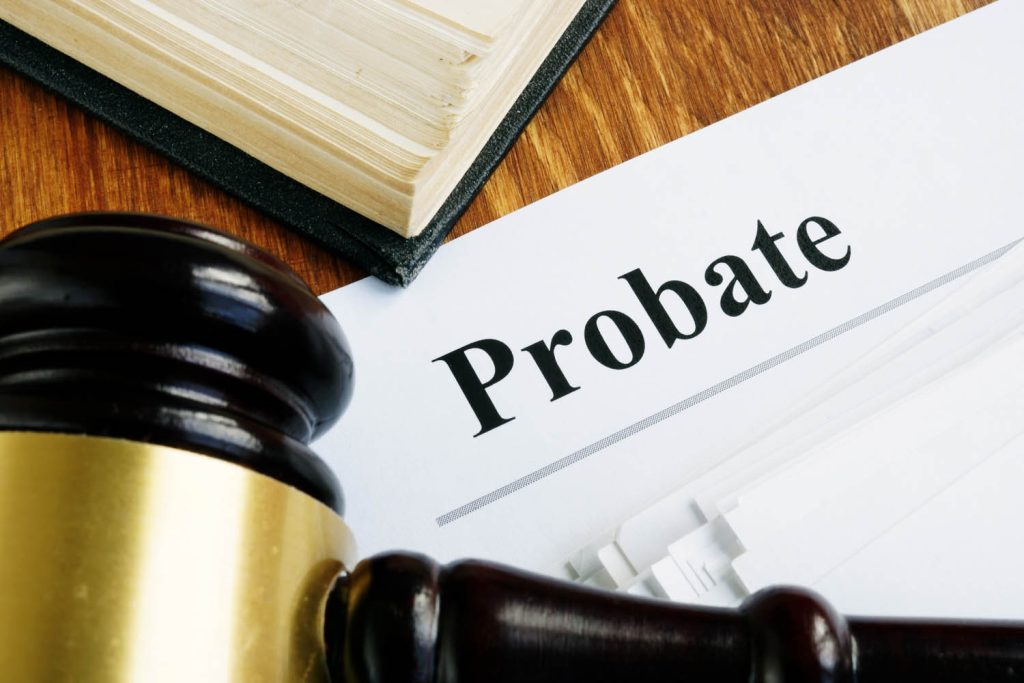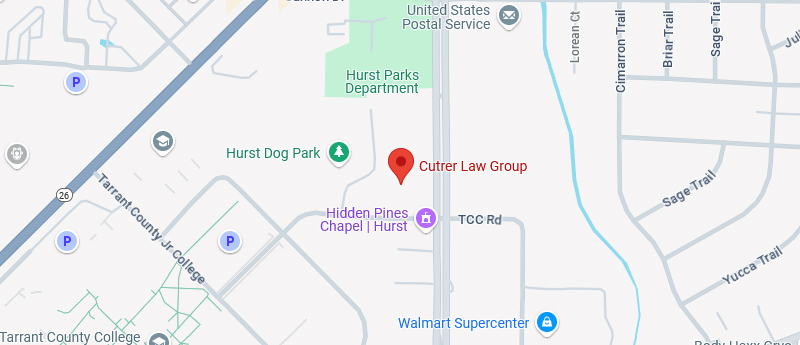What Does it Mean to Die Intestate?
When someone dies without a will in Texas, that’s known legally as dying intestate. It means the assets of the person who died (known as the decedent) haven’t been documented in terms of identifying the assets and how they’re to be distributed. Potential inheritors can use a small estate affidavit (SEA) or go through probate when that happens.
What Is a Small Estate Affidavit?
A small estate affidavit (SEA) is a legal mechanism that can be used to transfer property and assets from the decedent to the beneficiaries when the decedent dies intestate. Usually, when someone dies intestate, the estate has to go through the full formal probate process, which can be time-consuming and expensive.
There are specific circumstances in which an SEA can be used.
- The decedent died intestate.
- They had no more than $75,000 in property as the bulk of their estate at the time of their death. That figure does not include homestead, exempt, and other non-probate properties.
- The only real property was the homestead property, which is defined in Texas law as a house or building used for residential purposes (including a manufactured home if the decedent owned it), along with up to 20 acres of land where the building resides. The homestead property will only go to any surviving spouse or minor children who were living in the homestead property with the decedent at the time of death.
- All heirs to the estate (or someone with legal authority on their behalf) must sign the SEA. This can be complicated if some of the heirs are minors. If that’s the case in your situation, working with an experienced estate planning attorney is vital to determine if your court will accept the SEA.
- The estate doesn’t need administration, nor is anyone applying to be appointed the personal representative, and the court hasn’t appointed any such representative.
- The $75,000 total of assets are worth more than any outstanding debts, with the exception that the properties listed above aren’t included in that asset valuation, and debts against those properties aren’t included in the SEA tallies.
What Is Probate?
Probate is the legal process used to transfer assets from the decedent to the beneficiaries (also known as the inheritors). If the decedent had a will, the will is likely to go through the probate court, which must validate it and ensure its terms are carried out as described in the will.
If someone dies intestate and the estate doesn’t match the requirements for the SEA, it may need to go through probate. Whether or not it goes through probate depends on the size of the estate and what, if any, property is in the estate. The larger and more complex the estate, the longer and costlier the probate process may prove to be.
There are some items that would be exempt from the probate process, primarily financial accounts that have named beneficiaries. For example, a life insurance policy will have a named beneficiary, so those funds wouldn’t likely need to go through probate before being disbursed to the beneficiary. Similarly, bank and retirement accounts that have transfer on death (TOD) or payable on death (POD) beneficiaries listed could be distributed without probate. In terms of real property, such as a home, a transfer on death deed (TODD) that designates who should inherit that property can help avoid probate.
What Happens if Someone Dies Intestate in Texas and Doesn’t Qualify for a Small Estate Affidavit?
In many cases, the estate would need to go through probate to determine who should inherit any assets (after outstanding debts have been resolved). Texas law gives probate court the right to distribute the assets without having to consider anyone else’s needs or wishes. The court will look for the closest living relatives and distribute all assets to them, including a surviving spouse and descendants. If there is not surviving spouse or descendants, the court will begin to look at the next closest family members, including parents, siblings, and further down the line to more remote relatives.
In the event that no living relatives can be found, even remote relatives, the assets are awarded to the state of Texas. Friends, neighbors, or charitable organizations are not eligible to receive anything.
If someone has specific wishes for their estate, it’s crucial that they develop a will or other estate plan to specify those wishes. That can be relevant if there are surviving family members that the decedent doesn’t want to receive assets or if they have non-relatives or organizations they want to include in the estate plan.
Another aspect of a will that makes it important regards minor children who become orphaned after the estate owner passes. A will can name who the legal guardian should be. If there’s no will, the court will decide who will be named guardian. In many cases, the court will look for close relatives. But that’s not always ideal for many reasons. The only way to be sure the right guardian is appointed is to include that in a carefully drawn-up will.
What Should I Do if I Need Help Developing an Estate Plan?
Call the Cutrer Law Group at 817-813-8513 for a case evaluation. Every person’s estate is different, and there’s no one-size-fits-all approach that would work for everyone. Our team of experienced, knowledgeable estate planning attorneys can guide you through the specifics of your estate and what the best approaches might be to ensure your wishes are carried out.





 1845 Precinct Line Road
1845 Precinct Line Road info@akcfamilylaw.com
info@akcfamilylaw.com 817-854-1651
817-854-1651



